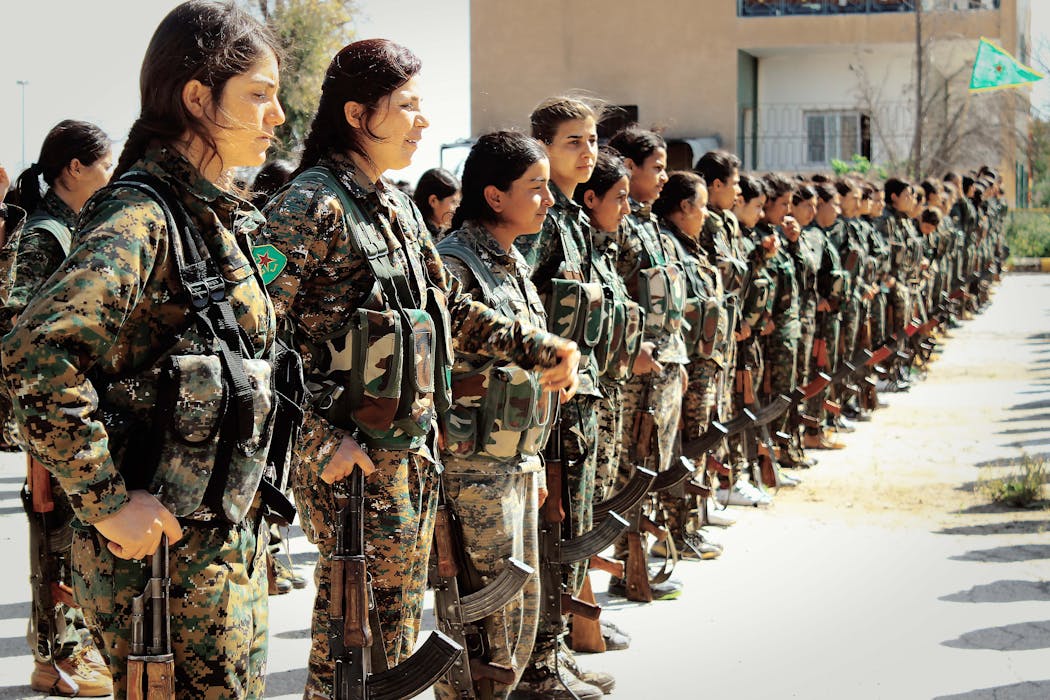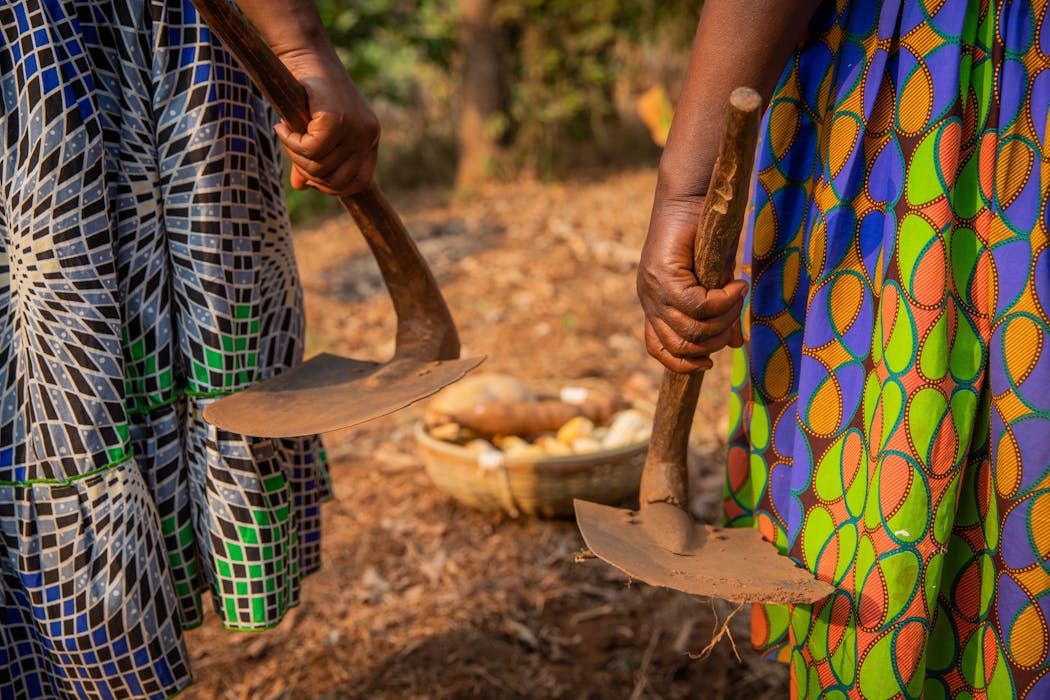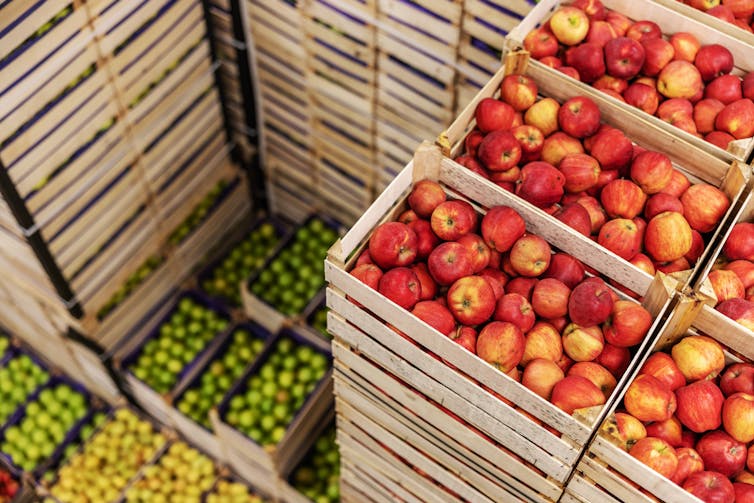Source: The Conversation – UK – By Cora Lingling Xu, Associate Professor in Sociology of Education, Durham University
In November 2012, during my first year as a PhD student, a 23-year-old medical student knocked on my door. Earlier that day, we had been discussing our ages in our shared kitchen. At 30, I had stayed silent, feeling a sharp sting of embarrassment next to my 20-something housemates.
But this student was determined to get an answer from me. He shoved his passport in my face and demanded to see mine. When I admitted my age, he laughed and said: “Wow, you’re so old.”
In that moment, I felt a deep sense of shame and failure. But after a decade of research tracking more than 100 young people, I want to tell my younger self: you weren’t failing. You simply hadn’t inherited the same amount of time as your peer.
My work with students in China shows that social inequality isn’t just about money or status. It’s also about time inheritance.
I started my PhD at 30 only after spending five years working to clear my family’s debts and move my parents out of a house where sewage regularly flooded their floors. My housemate, whose father and grandfather were doctors and Cambridge alumni, had inherited “banked time” – a cushion of security that allowed him to glide straight to the academic starting line.
Banked time v borrowed time
To make sense of this, I distinguish between two kinds of time inheritance.
Some young people receive banked time. They start life with a “full tank”: parents who can afford to support them through unpaid internships, gap years, or an extra degree, and the freedom to change course or repeat a year without financial ruin. This creates a sense of temporal security that allows them to take measured risks, explore their interests, and wait for the best opportunities to arise. They have “slack” in the system that actually generates more time in the long run.
Others live on borrowed time. They start with an “empty tank,” already owing years of labour to their families before they even begin. Because their education often relies on the extreme sacrifices of parents or the missed opportunities of siblings, these students carry a heavy debt-paying mentality.
A delay in earning feels dangerous because it isn’t just a personal setback; it is a failure to repay a moral and economic debt to those who supported them. This pressure works in two punishing ways.
Some make “self-sabotaging” choices by picking lower-tier degrees or precarious jobs just because they offer immediate income. Others find their education takes far longer as they are forced to pause their studies to work and save, trapped in a cycle of paying off “time interest” before they can finally begin their own lives.
Take Jiao, a brilliant student from a poor rural family in China. He scored high enough to enter one of the country’s top two universities: Peking or Tsinghua, the equivalent of Oxford or Cambridge. Yet he chose a second-tier university.
He felt he could not afford the “time cost” of the mandatory military training that was required at the elite universities at the time he was applying. This would have delayed his ability to earn money and support his parents. On paper, this looks like a self-sabotaging decision. In reality, it was a survival strategy shaped by time poverty: he simply did not have months to spare.
In contrast, Yi, born into a comfortable Beijing family, dropped out of university after just one year because she didn’t like the teaching. She didn’t see this as a failure, but as “cutting her losses”. With her parents’ backing, she quickly applied to an elite university in Australia. Yi had inherited banked time, which gave her the security to try again.
Both students were capable. What differed was how much time they could afford to lose.
Lost learning
Although my research focuses on China, these temporal mechanisms are not culturally unique. They show up in different forms in other countries.
We saw this during post-pandemic debates about “lost learning”. In the UK, for example, tutoring programmes and extra school hours were offered as fixes. But these only work if pupils have the spare time to use them.
For those already caring for siblings or parents, working part-time or commuting long distances, the extra provision can become another burden: deepening, rather than reducing, time debt.
In universities, the cost-of-living crisis has pushed more students into long hours of paid work during term. They get through their degrees, but at a price: less time to build networks, take internships or simply think about their next steps.
Rigid career “windows” also matter. Age-limited grants, early-career schemes that expire a few years after graduation and expectations of a seamless CV all act as a time tax on those who took longer to reach the starting line. They might have been caring for relatives, changing country, or working to stay afloat.
Making education fairer means being aware of this time disparity. This could mean designing catch-up and tutoring schemes around the actual schedules of working and caring students, not an idealised timetable.
Within academia, extending age and career-stage limits on scholarships, fellowships and early-career posts would mean that those who started “late” are not permanently penalised. And more recognition of the burden of unpaid care and emotional labour in both universities and workplaces would be a valuable step.
Ultimately, doing well in education is not just about how we spend our time. It is about who is allowed to have time in the first place, and who is quietly starting the race already in debt.
![]()
Dr Cora Lingling Xu receives funding from the Cambridge International Trust, the Sociological Review Foundation, the ESRC Social Science Festival,the British Academy and various grants from Queens’ College Cambridge, Cambridge University, Keele University and Durham University.
– ref. Another kind of student debt is entrenching inequality – https://theconversation.com/another-kind-of-student-debt-is-entrenching-inequality-274142







